The BBC offered an apology of sorts recently after a red-carpet reporter at the BAFTAs asked Andrew Scott, star of the film All of Us Strangers, about fellow Irish actor Barry Keoghan’s appendage. This had been the subject of conversation thanks to Keoghan’s naked dancing in the film Saltburn, in which Keoghan’s floppy bishop steals the final scene. To settle this nagging concern the BBC turned to a gay man. “There was a lot of talk about prosthetics. How well do you know him?” the reporter asked an annoyed Scott who shook his head and walked away.
The gynarchy has made clear that objectifying men is perfectly fine
Had a female actress been asked to authenticate another woman’s breasts, the scandal that would have ensued goes without mentioning, but the BBC dusted it off. “Our question to Andrew Scott was meant to be a light-hearted reflection of the discussion around the scene and was not intended to cause offense,” the organization said.
The gynarchy has made clear that objectifying men is perfectly fine and, after all, what’s a little light-hearted homophobia when gay movies are having a renaissance? All of Us Strangers — nominated for six BAFTAs but ultimately snubbed, and Saltburn, nominated for five — joined a handful of other gay titles that studios have banked on attracting an audience beyond the 4 percent of the population who might traditionally see those films.
Where the box office didn’t pay off, critical acclaim largely has. 2020’s Supernova, staring Colin Firth and Stanley Tucci as a sixty-something gay couple, and last year’s drama Passages directed by Ira Sachs, have also inched into a market where such movies typically didn’t belong.
“Why are gay movies always so sad,” people used to ask in the 1990s. Thirty years later, nothing has changed. Gay flicks tend to have three themes — loneliness, death and villainy — and this recent batch of movies is no exception. The miniseries Feud: Capote vs. The Swans, released last month and based on writer Truman Capote’s final years, nicely encompasses all three.
“New film All of us Strangers centers on gay loneliness and trauma,” a headline on NBC News read, as though that’s anything new. And while I don’t know what “trauma” is, I do know that gay people have always fixated on it and, increasingly, so does everyone else. Gay films haven’t changed, but the audience has. Women are lonelier, more promiscuous, and more atomized than ever and now they’ve discovered a whole sub-genre of cinema speaking to that and aiming to nurture those anxieties. Just a hunch, but the ladies sobbing along at home to Supernova are probably childless and spend many hours a week on Zoom calls.
When a gay film meanders too deeply into gay insider baseball, like Billy Eichner’s 2022 romantic comedy Bros, it bombs. The most resonate gay movie of all time might continue to be 1970’s The Boys in the Band, but the 2020 remake flopped, probably because it’s a story devoid of hope and beauty, only messiness and casual destruction — something gay men understand but remains far too raw and excruciating for women to enjoy.
Then there’s the other side of it — the neutered gay fan fiction written by and for women, like Amazon Prime’s horrendously stupid 2023 film Red, White & Royal Blue, which offers women magical gay pets to carry around in their dreams. When I asked the feminist writer Louise Perry about these films, she said:
These are usually gay relationships represented in a uniquely feminine way: intensely emotional, no casual sex, very unlike gay porn for men.
I suspect that young women find these gay fantasies attractive because they’re scared of the asymmetries inherent to straight relationships, in which women are always the more physically vulnerable party. So, they invent fictional gay men and give them a style of sexuality more typical of women.
She continued: “Will & Grace was obviously created for women because the gay male characters are weirdly asexual,” reiterating something gay men have speculated for some time, noting that the bitchy and boozy, heterosexual Karen Walker was the only character they gravitated toward.
That’s not to say women can’t write great gay stories. Brokeback Mountain, the most critically acclaimed gay movie of all time, was based on a short story by Annie Proulx, who revealed in a 2009 interview her frustration with fan letters wishing the story had ended on a positive note. Those “idiots” who want a happy ending, she said, overwhelmingly tended to be men.
This article was originally published on The Spectator’s UK website.



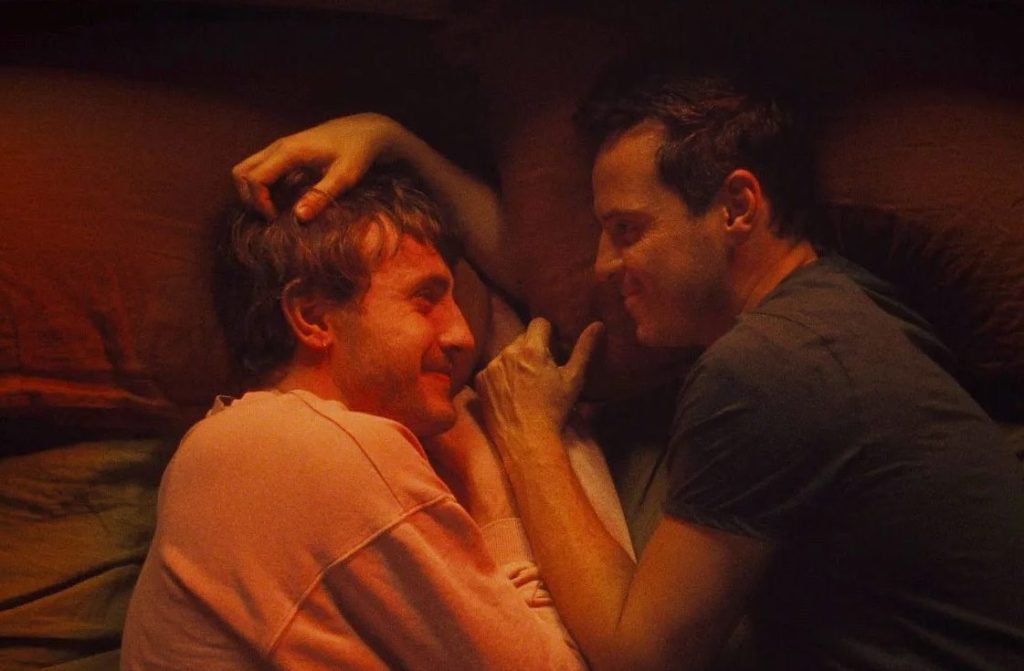






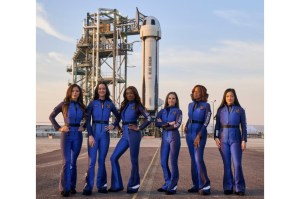

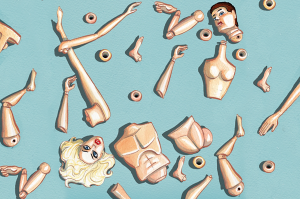
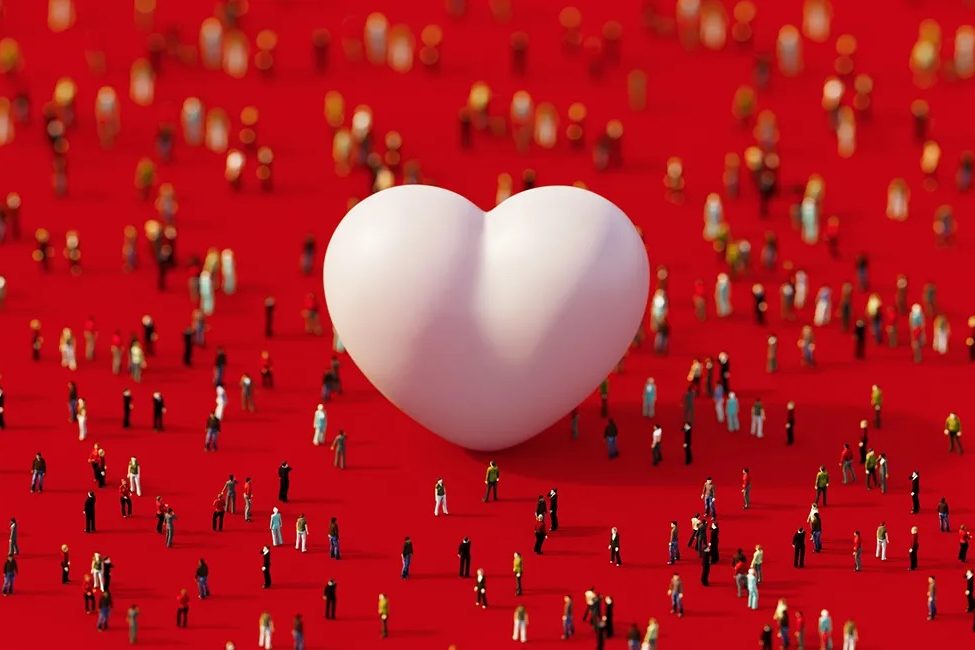
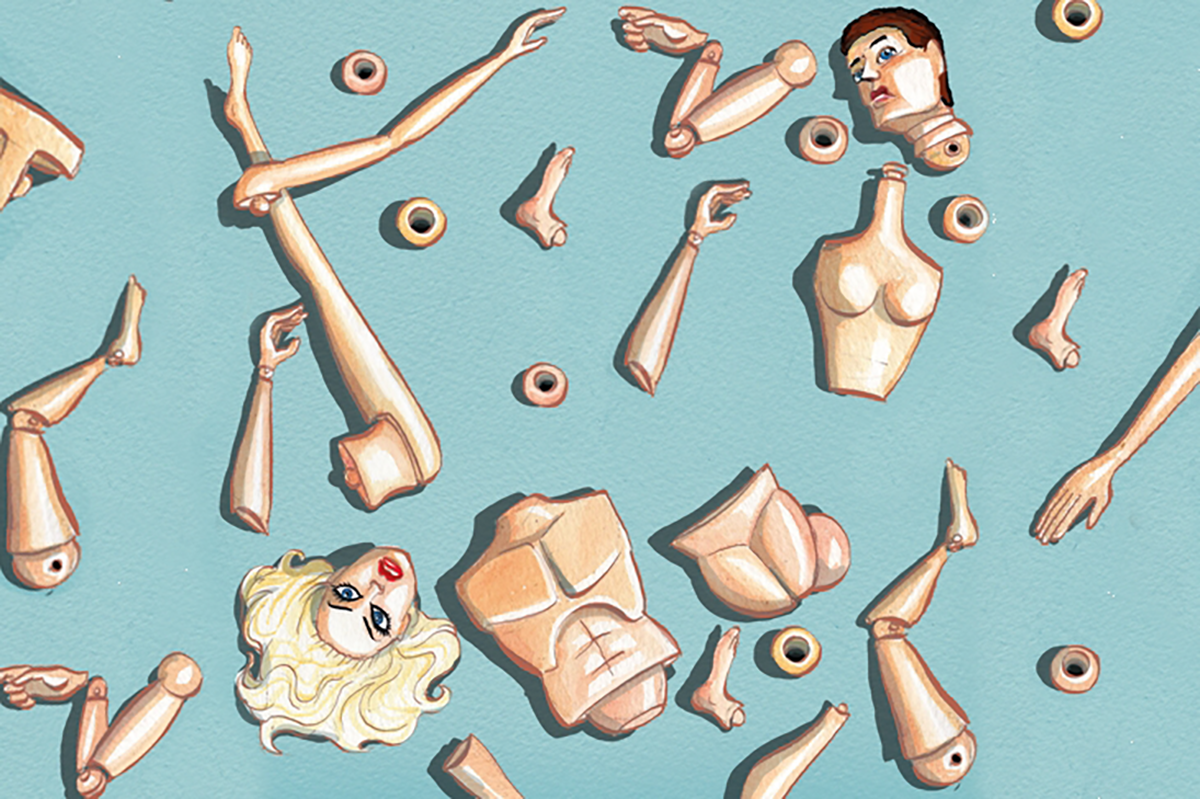
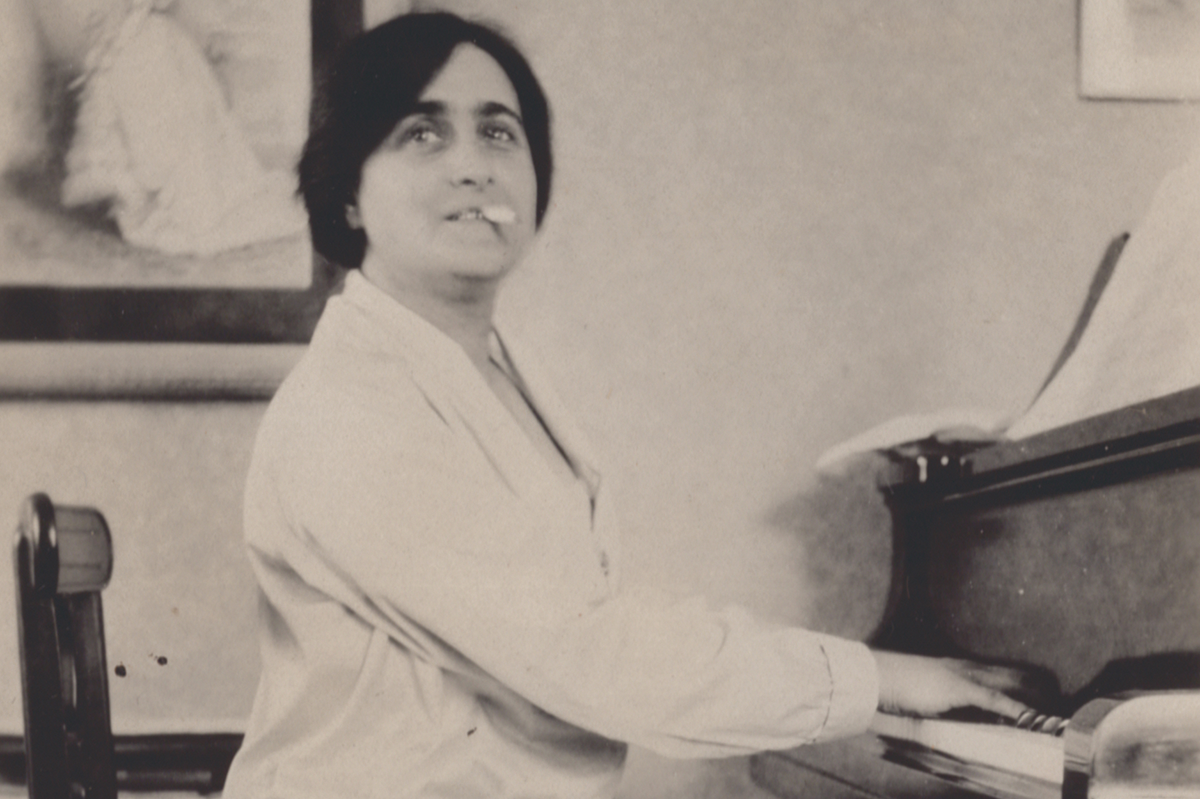

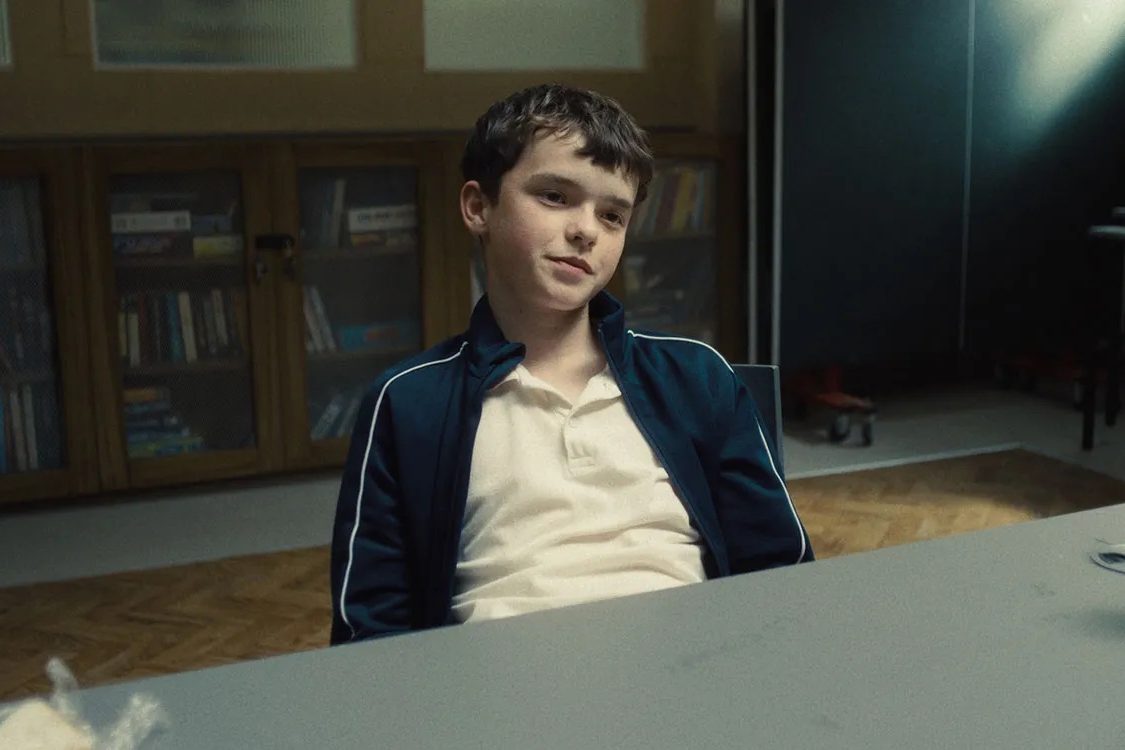
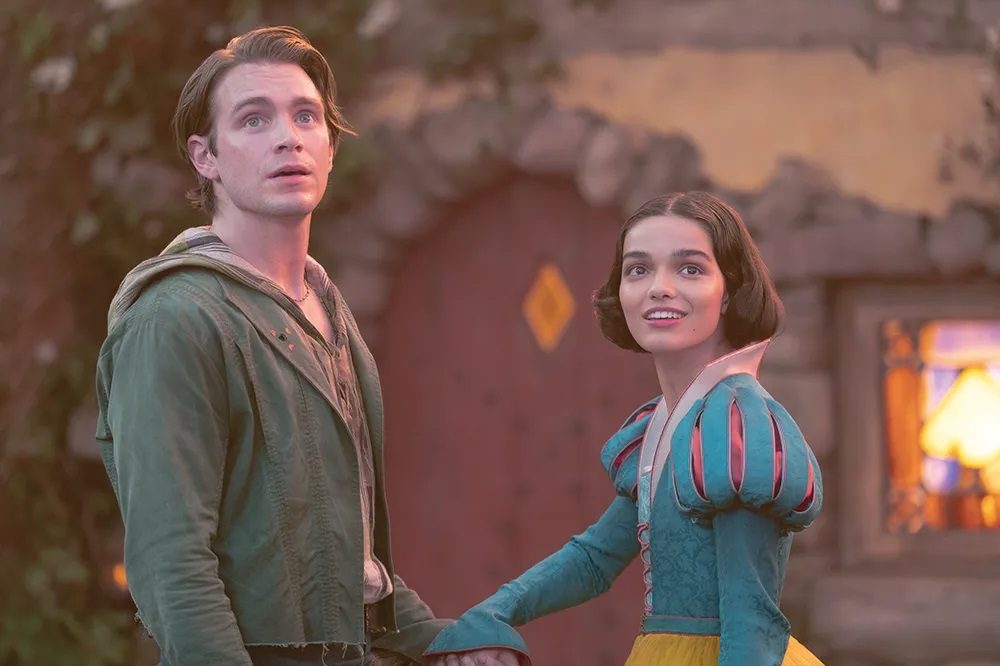







Leave a Reply